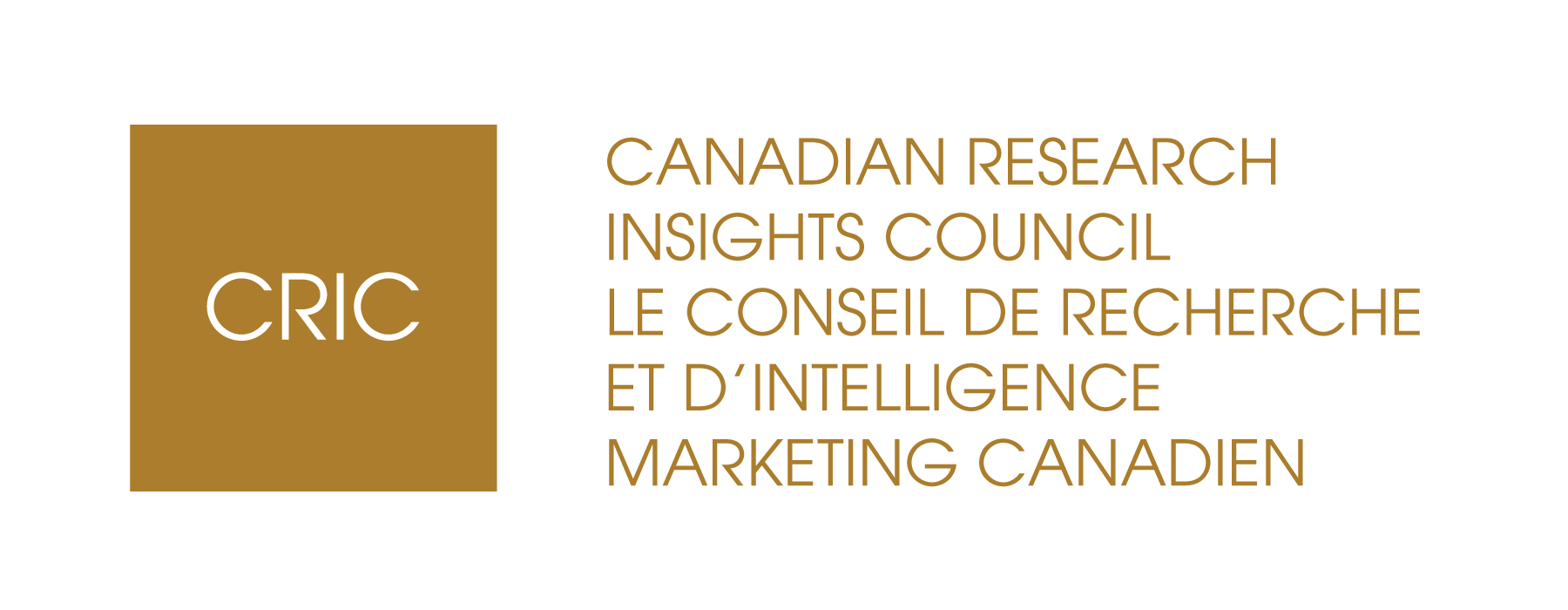CRIC guideline for conducting research with children and other vulnerable people in Canada
This CRIC guidelines builds upon the CRIC Code and provides additional requirements for conducting research with children and other vulnerable people in Canada.
Article 2 of the CRIC Code sets out the responsibilities of researchers who conduct research with children, youth and other vulnerable participants across the globe. Vulnerable people are defined in the CRIC Code as individuals who may have limited capacity to make voluntary and informed decisions, including those with cognitive impairments or communication disabilities. Children are defined in the CRIC Code as individuals for whom permission to participate in research must be obtained from a parent or responsible adult.
CRIC further defines children in Canada to refer to anyone under the age of 16 except where defined differently by provincial, territorial, or national legislation or other applicable jurisdictional authorities including indigenous government.
In addition to the core requirements of the CRIC Code, researchers must abide by the following requirements when conducting research with children and other vulnerable people in Canada.
- Researchers must inform the parent or responsible adult of the objectives of the research, the nature of the data collected including any potentially sensitive/embarrassing questions and how the data will be used when seeking consent. The name of the responsible adult and the method by which consent was obtained (email, phone, signed form/document) should be recorded. For research on potentially sensitive topics, a form/document signed by the adult describing the nature of the research should be used for obtaining consent.
- Adult consent only allows the researcher to invite the child to participate, Researchers must inform the data subject (child/vulnerable person) of the general purpose of the research and the methodology in a way that is likely to be understood and the data subject (child/vulnerable person) must agree to participate.
- Vulnerable sectors checks must be conducted with all researchers prior to them conducting face-to-face interviews (in person and virtual) with children or other vulnerable participants. A vulnerable sector check is a police information check plus a check to see if a person has a record suspension (pardon) for sexual offences and is governed by section 6.3(3) of Canada’s Criminal Records Act. The vulnerable sector checks should be updated at least every once every three years.
- Recordings of all research with children should be retained for 1 year.
- For research with children under the age of 13, the parent or responsible adult must be close at hand such as in adjoining room during the research
